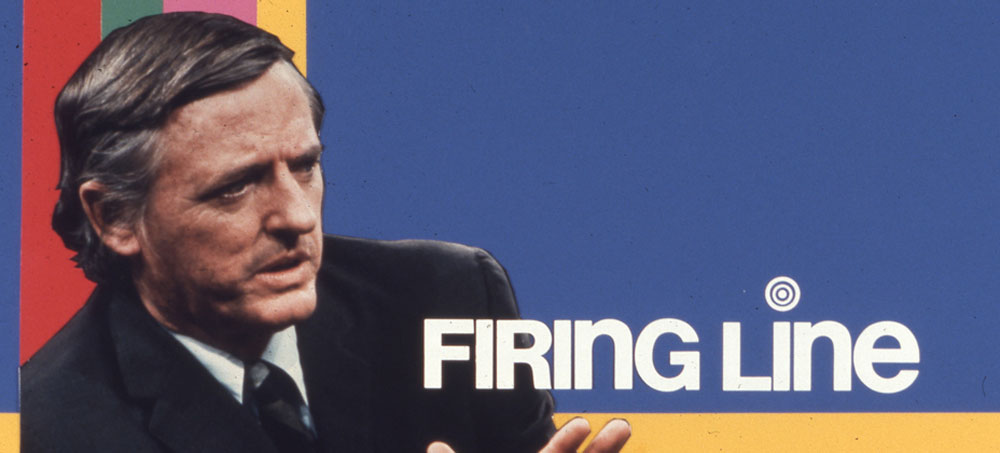
May 29, 2019; Vox
If you wander college campuses, particularly those with prestigious reputations, you may see the name of John M. Olin on buildings, especially law schools. There is a good reason for this; although Olin did not set out to remake our court system, he worked with great purpose and focus and left a legacy that may not always be associated with his name, but which will always be tied to his conservative values.
In a fascinating Future Perfect podcast on Vox, interviews with James Piereson, who used to run the Olin Foundation, and investigative reporter Jane Mayer lay the groundwork for understanding both the man who quietly built what is now the center of conservatism in this country, and just how that has stealthily changed our federal court system.
Olin inherited a gunpowder and chemical company from his father and was a “stickler for hard work.” He was upset about what he saw as overregulation of his companies at the beginning of the environmental movement. He was particularly perturbed by protests by students at his alma mater, Cornell. He wanted to “take back the universities from the left,” and saw his wealth and foundation as a means of doing this.
Olin founded the John M. Olin Foundation in 1953, but only actively adopted an explicit focus on conservative causes in the early 1970s. He died in 1982. At that point, the endowment had about $120 million in assets. It was designed as a limited-life foundation and, by design, it would close for good in 2005. Despite this—or maybe because of this—the foundation’s influence continues to this day.
Olin achieved lasting influence in many ways. First, he essentially built conservative media. Perhaps the best known of his efforts here were Firing Line with William F. Buckley on PBS, which ran for years, and the print publication American Spectator. He also funded conservative writing and publishing on campus. Most notable of those publications is the Dartmouth Review, which has birthed a number of notable conservative writers and pundits.
Sign up for our free newsletters
Subscribe to NPQ's newsletters to have our top stories delivered directly to your inbox.
By signing up, you agree to our privacy policy and terms of use, and to receive messages from NPQ and our partners.
Linking the study of law and economics helped build a case for greater balance in the economic issues at stake in overregulation of commerce and industry. By establishing this connection, Olin began to grow a cadre of conservative lawyers who would become more conservative judges. You may often see the John M. Olin Center for Law and Economics (UVA & Stanford); or Law, Economics and Business (Harvard); or Law, Economics and Public Policy (Yale).
But perhaps Olin’s most significant achievement was his means of exposing sitting judges to this law-and-economics concept. He did this via the Olin Foundation, funding weekend resort trips for federal judges where jurists heard lectures from Nobel-winning economists—called the Manne seminars—and then spent relaxing time in the sun. These were presented as mere economics instruction, so even liberal judges, including the likes of Ruth Bader Ginsberg, were participants in these retreats. Their impact, though, should not to be taken lightly:
The rise of law and economics, however, had profound jurisprudential consequences. According to a recent paper by economists Elliott Ash, Daniel Chen, and Suresh Naidu, judges who went to Olin-funded weekend trips ended up imposing longer criminal sentences and were likelier to rule against unions and environmental regulations. One way we know it was the actual content of the seminars that made a difference? Attendees weren’t tougher on crime if their instructor was Milton Friedman, who lectured on the benefits of legalizing drugs. Because Friedman didn’t teach most seminars, though, the overall effect was to increase incarceration.
A final piece of Olin’s legacy worth considering probably has the greatest renown and the least direct association with him: The Federalist Society. Early on, conservative law students on campuses came to the foundation seeking funding to set up a national office. The agreement to fund this effort has now grown into one of the most influential, conservative forces in the legal community. The Federalist Society now has over 200 law school chapters and more than 10,000 members. They are the producers of the “short list” of names of potential Supreme Court Justices for the Trump administration as well as list of lawyers and judges to fill federal judicial vacancies with lifetime appointments. Their influence is unrivaled on the right or the left.
As the influence of donors has been a subject of great concern and focus by NPQ, it may be good to learn a bit more about John M. Olin and how he quietly used his wealth and power to spread his vision. Sometimes what sounds quite benign, like law and economics, may have a real bite and powerful legacy.
William Schambra, a longtime philanthropic observer, recently penned an essay in the journal Law and Liberty entitled, “Conservatives Have Become as Impatient as Liberals and That’s Not Good.” It explains the benefits of patience, often seen as characteristic of conservative philanthropy. Readers may not agree with all of Schambra’s assumptions or observations, but it is worth a read.—Carole Levine













